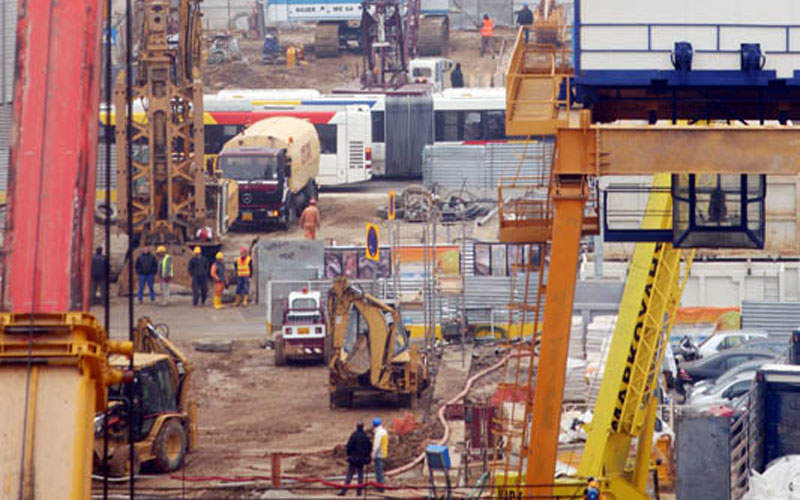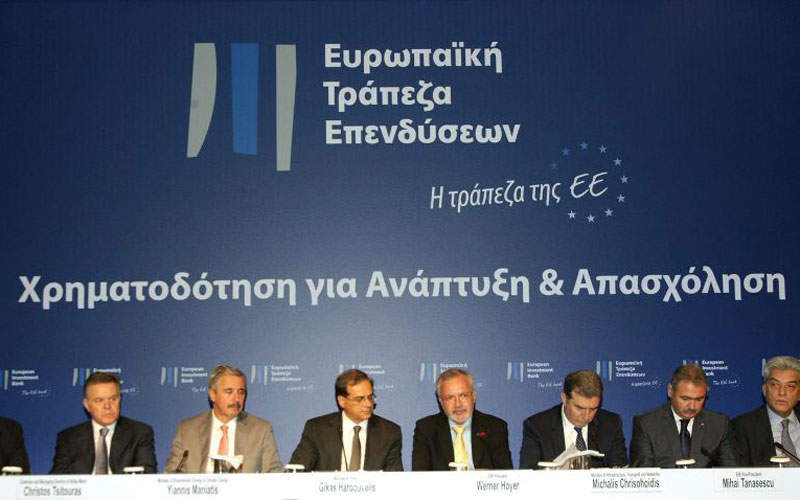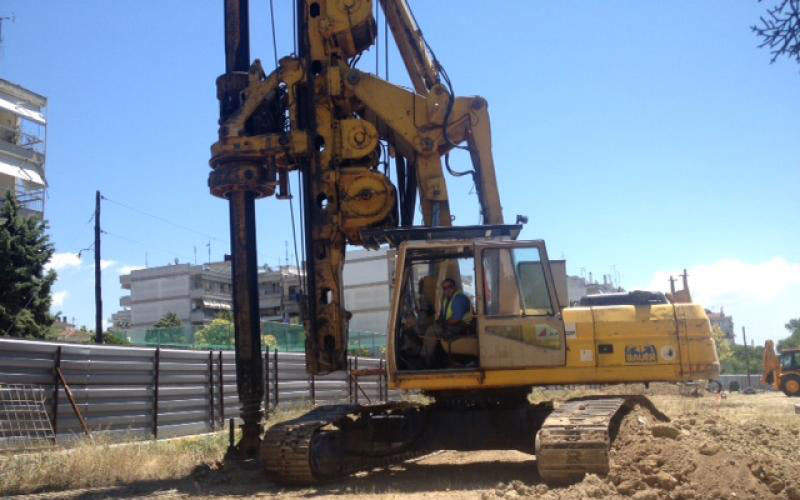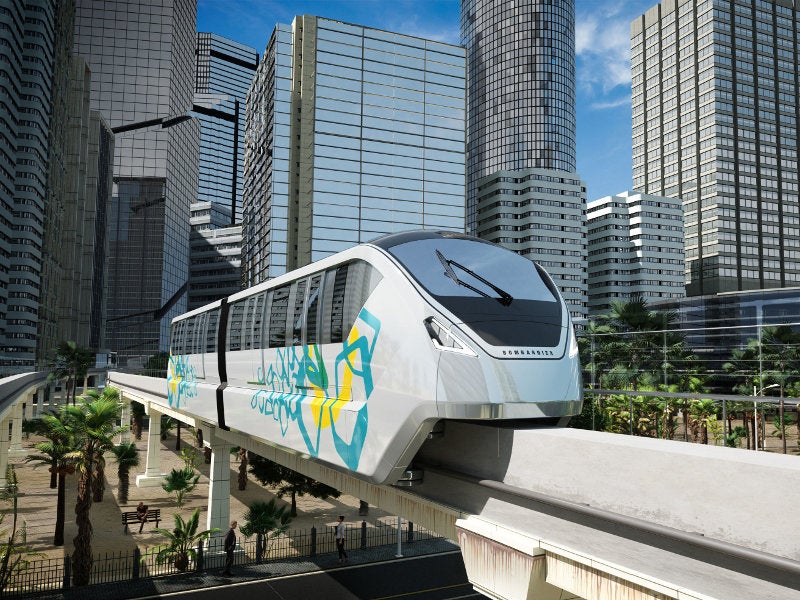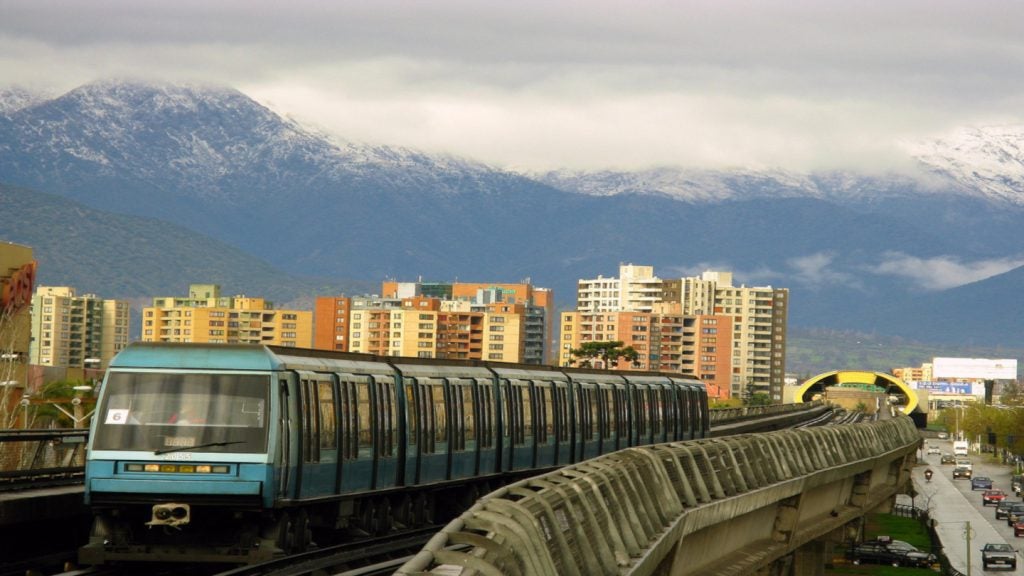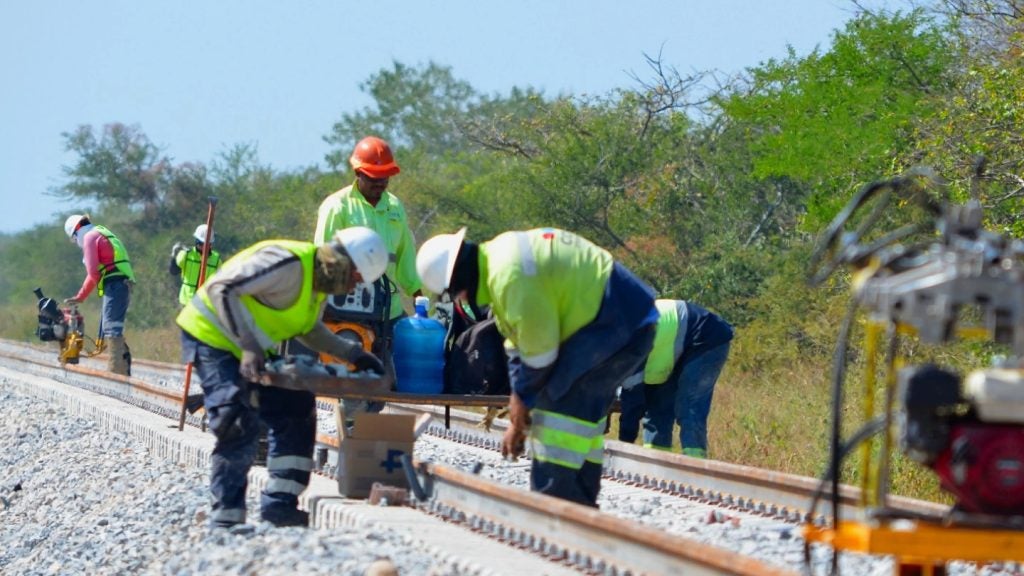The Thessaloniki metro rapid transit system is being extended by 4.78km to Kalamaria, which is located approximately 7km from Thessaloniki, Greece.
Construction works on the €568.7m ($668m) extension project started with the Nea Krini station in 2014. The project is expected to be completed in 2020.
Attiko Metro, a state company of Greece, is developing the project, which is expected to generate more than 1,000 jobs during the construction phase.
The extension project will reduce the journey time between Mikra Station and the centre of Thessaloniki to 15 minutes. It is expected to be used by more than 65,000 passengers a day.
Thessaloniki metro extension to Kalamaria project details
The metro project is part of the National Strategic Reference Framework’s operational programme, Macedonia-Thrace 2001-2013.
It will comprise two single-track tunnels, three shafts, two pumping stations and three crossovers. It will also feature five stations at Nomarchia, Kalamaria, Aretsou, Nea Krini, and Mikra.
The project design includes a provision for the development of future extensions to the airport and a bus-metro transfer area at Micra station. The extension of Thessaloniki Metro from Kalamaria to the Macedonia International Airport will have a length of 5.5km and comprise four new stations, Sxoli Polemou, IKEA, Komvos Thermis, and Airport. The project is estimated to cost €400m ($455.2m) and construction works are expected to commence in September 2019.
Thessaloniki Metro project details
The Thessaloniki Metro project was approved in September 2003 with national and European Union funds. It will consist of 9.6km of metro line, 13 stations, 18 fully automatic air-conditioned trains, and a 50,000m² depot at Pylea.
Construction work on the project commenced in June 2006 but has been significantly delayed by archaeological discoveries. The joint venture of AEGEK, Impregilo, Ansaldo, SELI and AnsaldoBreda was awarded the design-construction contract for the baseline project in April 2006. Two supplementary contracts were awarded in March 2012 and February 2016 for archaeological works.
In addition to the extension to Kalamaria, the metro will be extended up to Stavroupoli, which will be a 5km line with five new stations.
Construction on the metro extension
Two tunnel boring machines (TBMs) are being used for the construction, which is expected to take place over 60 months.
Permanent lining works at the first level of the Nomarchia station were completed in May 2017 and the platform construction works were completed in November 2018. The installation of indoor escalators, floor cladding and E/M installation works are currently underway.
At the Kalamaria station, permanent lining on the third level has also been completed, while construction of the platform and north ventilation shaft is in progress.
At the Aretsou station, permanent lining and waterproofing works at the third level have been completed, while platform construction works are in progress. Construction of the northern entrance at Nea Krini station has also been completed.
Waterproofing and construction works of the Mikra station’s perimeter walls have been completed along with slab construction at the first level.
Financing for Thessaloniki metro extension
The European Investment Bank (EIB) agreed to provide €400m for the Thessaloniki metro extension project in March 2013.
Attiko Metro signed a loan agreement with EIB for the first instalment of €200m on 18 September 2014.
Contractors involved
AKTOR was awarded the construction contract for the Thessaloniki metro extension in June 2013.
ARDECO, together with ZIERL Consult, signed a contract with VINCI Construction Grands Projects HELLAS (VINCI) for a third rail design for the project in April 2015. The two companies also signed a contract with AKTOR in June 2014 to conduct a track alignment study.
In September 2014, ARDECO signed a separate contract with VINCI for track works and tunnel facilities design.
VINCI contracted Hellenic Technical Consultant to conduct electromechanical works, including power distribution, lighting, fire detection systems, cable routing, earthing and substation arrangements.

